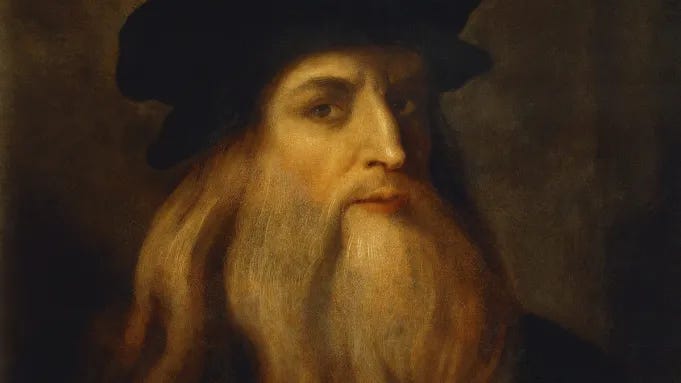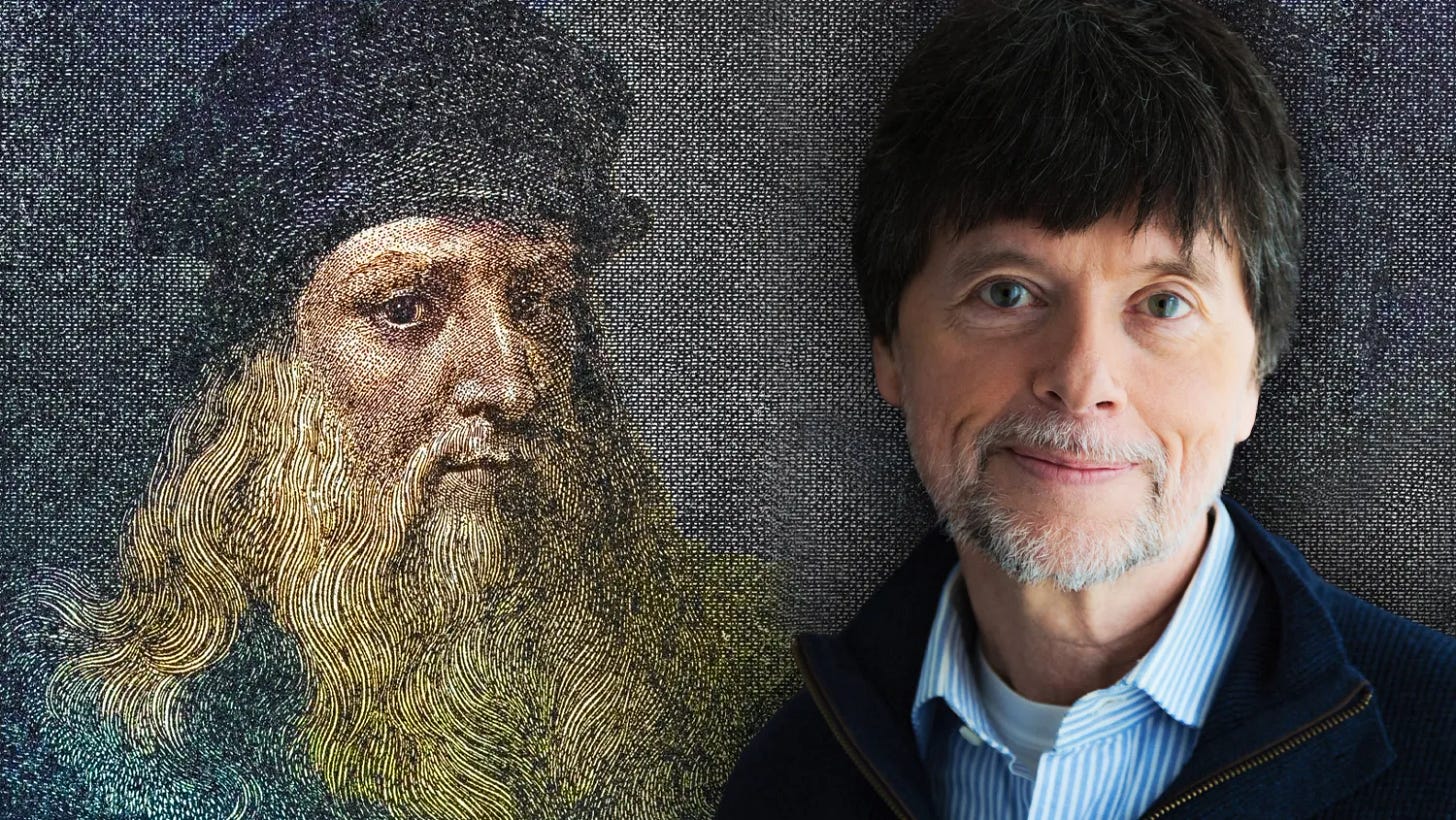Ken Burns’ Leonardo da Vinci Documentary: A Humanizing Portrait of Genius
Art Meets Humanity
Ken Burns, renowned for his evocative and detailed documentaries, has built his career by chronicling pivotal moments in history and cultural icons. From the American Civil War to jazz, baseball, and country music, Burns is celebrated for his narrative depth and ability to illuminate the human stories behind monumental events and figures. His latest endeavor, a two-part, four-hour PBS documentary on Leonardo da Vinci, co-directed with Sarah Burns and David McMahon, shifts focus to one of history's most enigmatic and celebrated minds.
Through narration by Keith David and a mix of expert commentary and visual storytelling, Burns delves into the life of Leonardo, offering viewers not just a glimpse of his unparalleled genius, but also an intimate portrayal of his humanity. Despite its thorough exploration, the documentary grapples with the challenge of condensing a life as vast and multi-faceted as Leonardo's into four hours of television, at times straining under the weight of its subject’s prodigious accomplishments.
The Renaissance Polymath
Leonardo da Vinci, a man who epitomized the Renaissance ideal, was a painter, scientist, inventor, engineer, and philosopher. Born in Vinci, Italy, in 1452, he was the illegitimate son of a notary and a peasant woman. Early on, Leonardo displayed an insatiable curiosity and extraordinary artistic talent, eventually becoming one of the most revered figures in Western history. His masterpieces, such as The Last Supper and Mona Lisa, are celebrated for their innovative techniques and emotional depth, while his notebooks reveal a restless mind exploring anatomy, physics, botany, and aeronautics.
Leonardo’s life was marked by triumphs and failures, from unfinished projects and unworkable inventions to moments of breathtaking artistic and scientific innovation. This tension between his monumental achievements and his human imperfections forms the heart of Burns’ documentary.
Keep reading with a 7-day free trial
Subscribe to Vintage Cafe to keep reading this post and get 7 days of free access to the full post archives.







